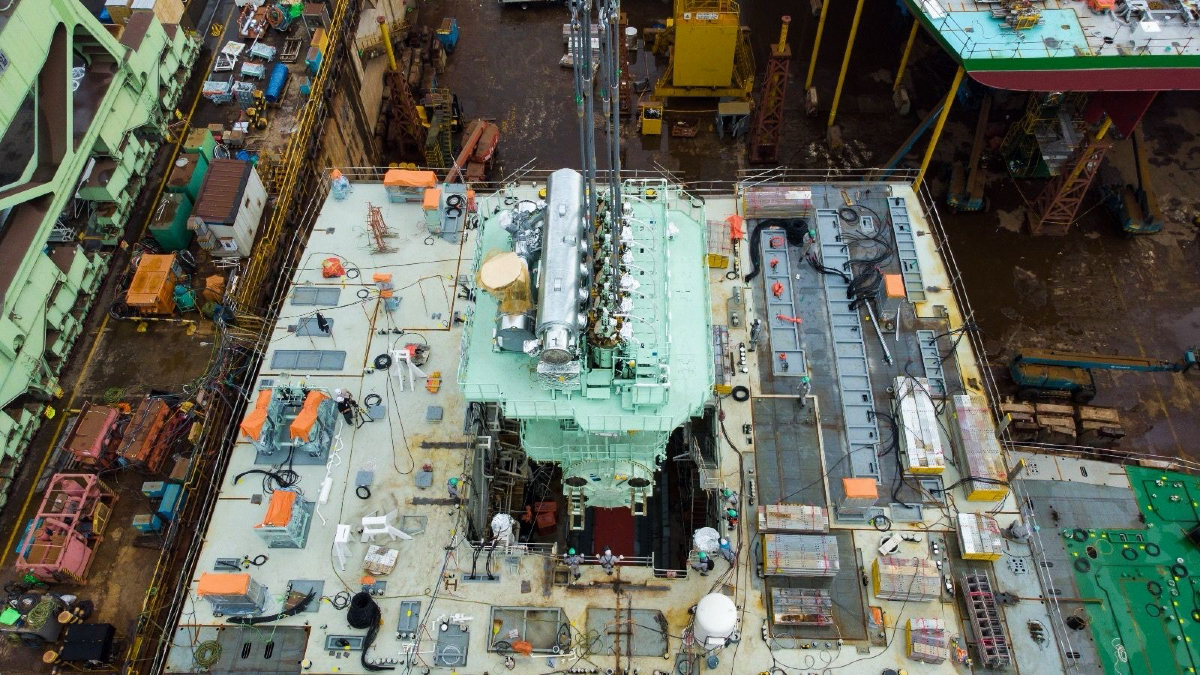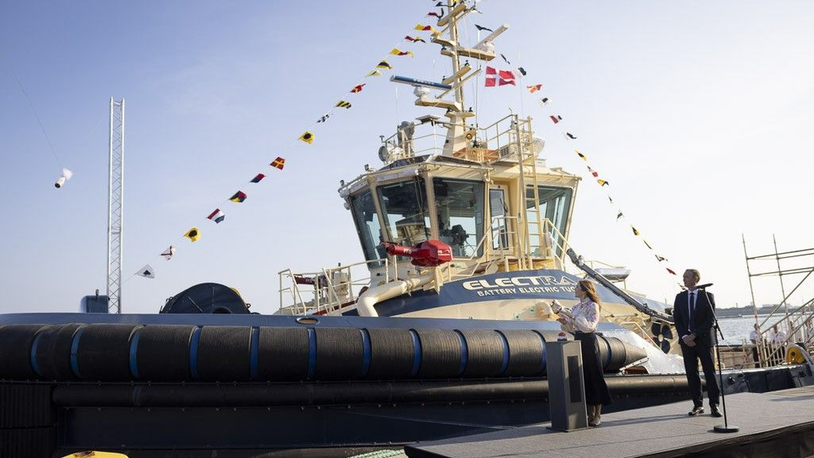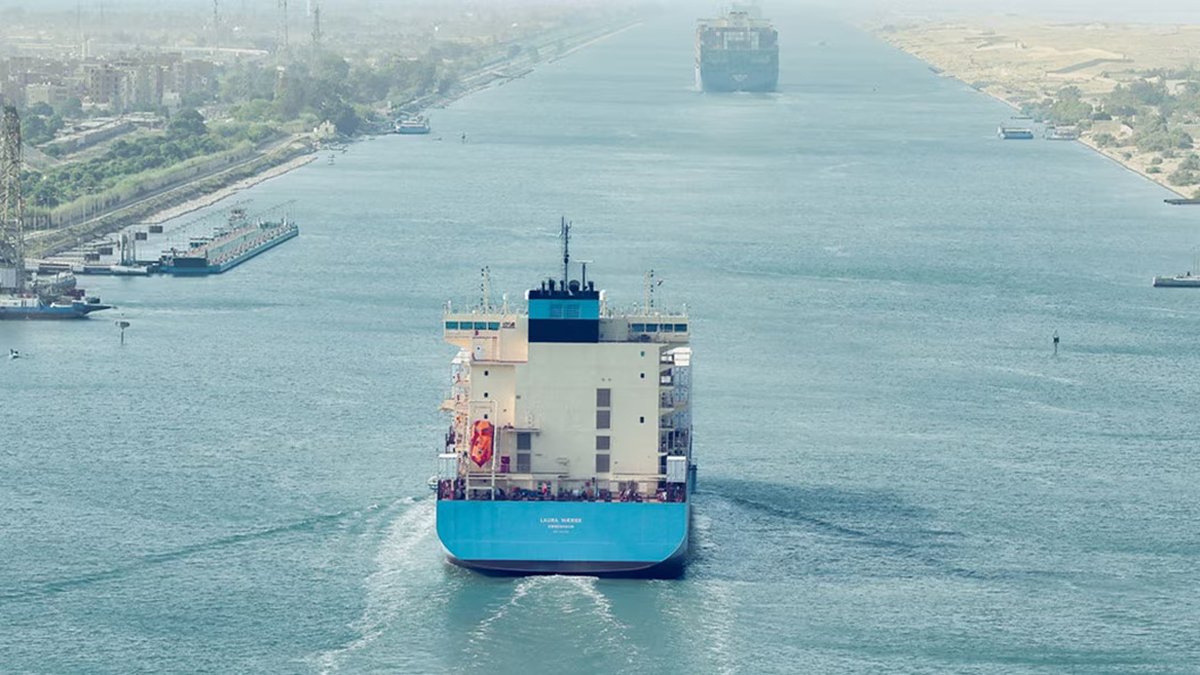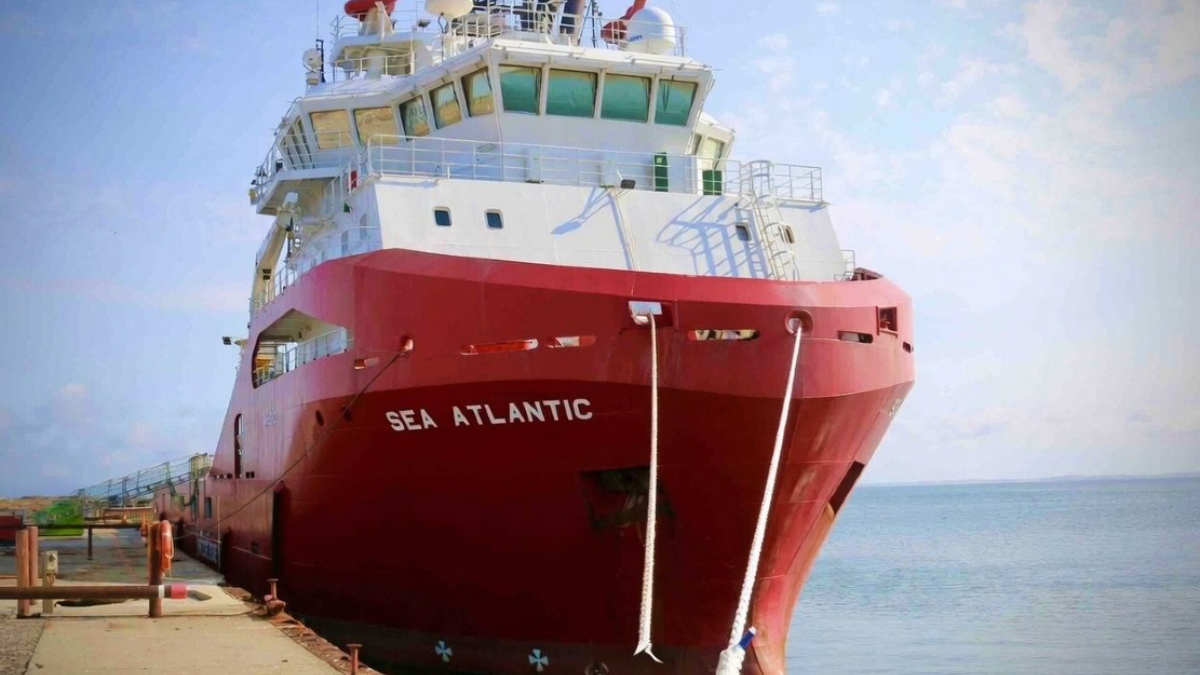Business Sectors
Events
Floating energy: successfully unlocking stranded gas using FLNGs and FSRUs
Contents
Register to read more articles.
All change: LNG's place as Canada and US bid old administrations adieu
How the resignation of Canada’s Prime Minister Justin Trudeau and Donald Trump’s second term as US president after four years of Democratic ledership could impact LNG developments in the near-term
The next 100 days are likely to set divergent courses for LNG development in North America as neighbouring nations Canada and the US adjust to Canadian Prime Minister Justin Trudeau’s resignation after nearly 10 years and the United States sees Donald Trump return for a second term as president after a four-year gap.
Prime Minister Trudeau’s announcement introduces a transitional period in Canadian politics, with energy projects likely to be caught in the crosswinds of political change. Under his leadership, Mr Trudeau’s administration took a cautious approach to LNG, particularly in its rejection of public funding for LNG facilities and infrastructure, leaving private investors to shoulder development risks.
Summing up the Liberal party’s policy position, Canada’s Minister of Energy and Natural Resources Jonathan Wilkinson noted in 2024, “The federal government has no interest in subsidising LNG developments.”
While this policy framework may persist under an interim Liberal leadership, the mechanics of agreeing the next leadership race and election could further delay project approvals, affecting Canada’s ability to compete as effectively in global LNG markets.
Canada was scheduled to have an election in October 2025, based on the timing of the previous election in 2021, however a majority non-confidence vote in the Liberal government by Canada’s parliament prior to the scheduled election date would force an early election. In announcing his resignation, Mr Trudeau has also prorogued (suspended) Canada’s parliament until March 2025, allowing time for his Liberal party to find new leadership. And Mr Trudeau has the power to request another suspension of parliament, a delay tactic that past Canadian prime ministers have used.
Meanwhile, south of the Canadian border, in the US, Republican Donald Trump’s return to power signals a distinctly different energy policy dynamic from his predecessor, Democrat Joe Biden.
In early 2024, Mr Biden enacted a moratorium on LNG, calling it "a temporary pause on pending decisions on exports of liquefied natural gas (LNG) to non-FTA countries". The Biden administration, in December 2024, released a report on the economic and environmental impacts of LNG, urging caution. Among others, the study – outlining several potential scenarios for extraction, use and export of LNG – was aimed at the US Department of Energy, which is required by law to determine whether energy exports are in the US public’s best interests.
President-elect Trump, on the other hand, has long championed the expansion of LNG exports, viewing them as central to American energy dominance. Mr Trump has promised to immediately end the Biden moratorium on granting export permits when he takes office again on 20 January.
In his previous four-year term, from 2016-2020, Mr Trump extended LNG export terms through 2050 and aggressively pursued trade negotiations to increase European purchases. Ahead of his forthcoming term, President-elect Trump has already hinted he could expedite stalled LNG permits to create an environment ripe for infrastructure growth.
In Mr Trump’s words, “America’s energy abundance is a tool for economic strength and geopolitical leverage.”
Internationally, the EU energy market is one focal point that straddles the domestic policy divides that have emerged in Canada and the US. While Canada’s restrained energy policy may hamper its appeal or effective engagement with the EU energy market, President-elect Trump’s tariff threats aim to accelerate LNG exports to Europe.
On the whole, energy policy moves coming from the two North American countries in the next few months look likely to highlight the political uncertainty within Canada and to contrast that uncertainty sharply with a muscular and outward-looking energy agenda from the US.
For LNG industry stakeholders, the expected political developments coming from Canada and the US are set to create both opportunities and challenges, as new political leadership again reshapes the trajectory of the global energy landscape.
Sign up for Riviera’s series of technical and operational webinars and conferences:
- Register to attend by visiting our events page.
- Watch recordings from all of our webinars in the webinar library.
Related to this Story
Events
Floating energy: successfully unlocking stranded gas using FLNGs and FSRUs
© 2024 Riviera Maritime Media Ltd.









